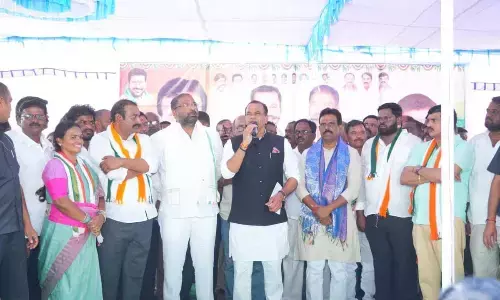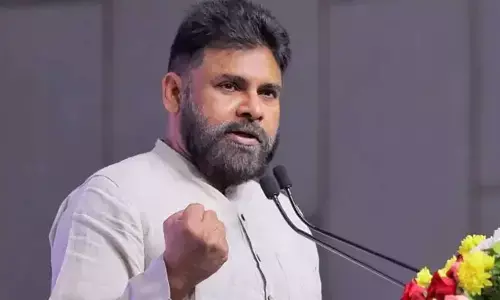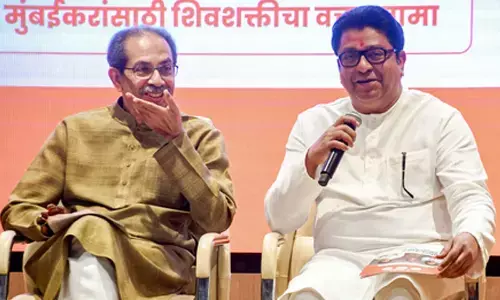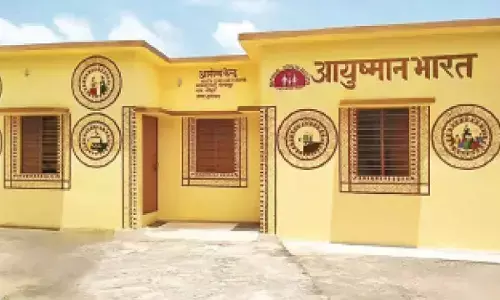Good governance missing in TS, AP
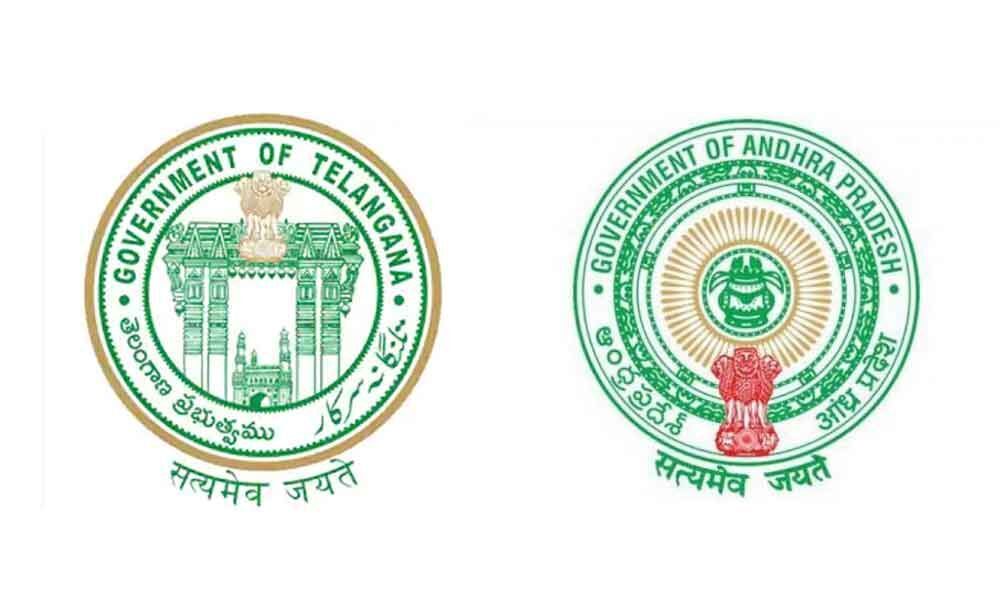
Good governance is not a Utopian concept. It is not a mere idealistic concept too.
Good governance is not a Utopian concept. It is not a mere idealistic concept too. It is something that is possible. It will be possible if the leadership is really willing to usher it. Winning successive elections is not a criterion to decide whether the government in place is providing good governance.
Several factors go into a triumph in elections. It is essential for the ruling party to remember the basics of governance. The topic is relevant to the times because of the politics prevailing in the two Telugu States nowadays.
Accountability and answerability are absent. Any study, however pro-government it is, will prove that the two governments are not providing good governance.
What should be the framework for good governance (by identifying its essential features and shortcomings in its working and emphasising need for innovative approaches)? No theory of governance could be intelligible unless it is seen in the context of its time.
India's democratic experience of the past six decades has clearly established that good governance must aim at expansion of social opportunities and removal of poverty. Good governance means securing justice, empowerment, employment and efficient delivery of services.
A study of the same should deal with these subjects in detail and also analyse administrative and political fault-lines. It should identify criminalisation of politics and corruption as two major challenges. It also should highlight shifts in meaning and content of national values of the freedom movement particularly those of nationalism, democracy, secularism, non-alignment, and mixed economy and its impact on the nitty-gritty of administration as well as on the intellectual build-up of the organs of the State at the national level.
All these things at a different level must be applied to the States. If the eight parameters or principles as propounded by the United Nations are to be applied, then neither the TRS government nor the AP government could pass the test.
Let us consider the first point (Participation) - People should be able to voice their own opinions through legitimate immediate organisations or representatives. Are they being allowed to do so? The second point is about the Rule of Law.
Legal framework should be enforced impartially, especially on human right laws. Is this happening? Consensus is the third point. There should be mediation among differing interests to meet the broad consensus on the best interests of a community.
Does consensus exist? Is there equality and inclusiveness to provide the people with opportunities to improve or maintain their well-being? Effectiveness and efficiency are essential to establish processes and institutions should be able to produce results that meet the needs of their community while making the best of their resources.
Neither accountability nor transparency exist in governance. Strangely, so called Swamijis and religious practitioners have bigger say in the governance and they have become not just advisors to the Chief Ministers, but also are playing court jesters role hailing the Chief Ministers.
These have become the stakeholders, ironically, in governance. As a result, lack of responsiveness is prevailing? Does anyone care?











